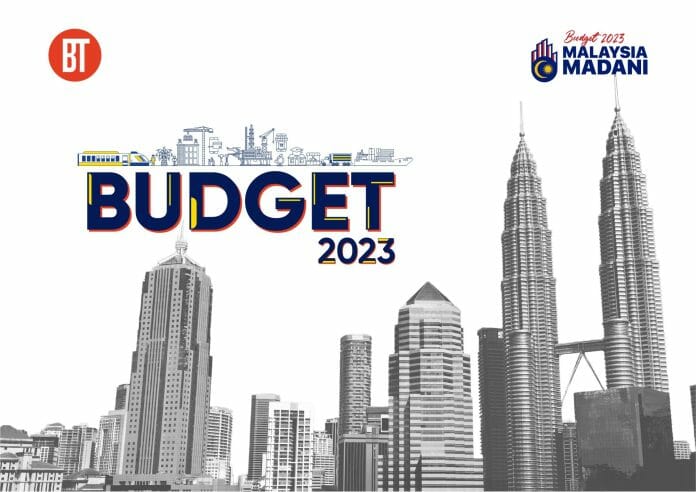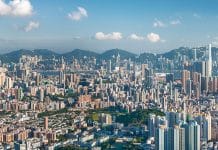Malaysia’s proposed revised budget for 2023, amounting to RM386 billion, has generated mixed reactions. Some lauded it as a genuine effort to boost the country’s economy, while others saw it as a political maneuver ahead of the upcoming state election.
The budget represents a 6.9% increase over the previous year’s budget of RM360 billion, making it the country’s most significant budget in history. It proposes RM164 billion in development expenditure, a 7.8% increase over the last year’s development expenditure of RM152 billion.
According to the PH-BN government, the budget proposal will prioritize healthcare, education, and job creation. The Ministry of Health has been given RM3.7 billion to improve the country’s healthcare system and combat the COVID-19 pandemic. The Ministry of Education has been given RM2.2 billion to improve school infrastructure and facilities, as well as to assist students from low-income families.
The proposed budget also includes measures to help the digital economy grow, such as RM1 billion for the Malaysia Digital Economy Blueprint and RM1 billion for the National Fiberisation and Connectivity Plan. To increase productivity and competitiveness, RM100 million has been set aside for automation and digitalization grants for small and medium-sized enterprises (SMEs).
While some critics question whether this amount can spur growth in the sector, the government has defended the proposed budget, claiming it will stimulate economic growth and benefit all Malaysians. The budget, according to Prime Minister Anwar Ibrahim, will prioritize development spending and job creation while also addressing the country’s debt and liabilities.
The government has proposed new taxes, including a luxury tax, capital gains tax, and tobacco and vape product taxes. The luxury tax would apply to high-end cars, yachts, and aircraft, while the capital gains tax would apply to real estate and stocks.
Middle and lower-income groups have expressed concern that they will be disproportionately affected by the proposed tariffs. The government has also announced a reduction in personal income tax for M40 earners, while those earning more than RM100,000 will face higher taxation. The top marginal tax rate for those earning more than RM2 million annually will be raised from 30% to 33%.
However, from the opposition perspective, the proposed budget lacks detail on how funds will be allocated and used. Civil society organizations have emphasized the need for a more comprehensive and transparent resource allocation plan.
They have expressed concerns about the proposed new taxes, which they believe will disproportionately affect lower and middle-income groups. What measures will be implemented to ensure the tax burden is distributed fairly? Will the income tax cut for M40 earners be sufficient to offset the effects of the proposed new taxes?
Moreover, the decision not to cancel the debt of Felda settlers, amounting to RM8.3 billion, is a betrayal of the promises made by the previous Perikatan Nasional government to provide relief to struggling colonists who had accumulated significant debt due to mismanagement and corruption within the Felda organization.
Canceling this debt would have provided substantial relief to the settlers, who had been grappling with low commodity prices and other economic challenges.
We believe the proposed budget is little more than empty rhetoric designed to win votes ahead of state elections. The government has failed to address the underlying causes of Malaysia’s economic problems, and the proposed tax policies will unfairly burden middle and lower-income groups. We call on the government to provide greater transparency in the budget allocation process and to address the systemic issues that are holding Malaysia back.
Mahathir Hj Mohd Rais
Information Chief (PN) Federal Territories
Letter to Editor: the views expressed here belong solely to the author and do not reflect the opinion or thoughts of BusinessToday. We believe in freedom in speech and that everyone should be given avenues to express themselves.









